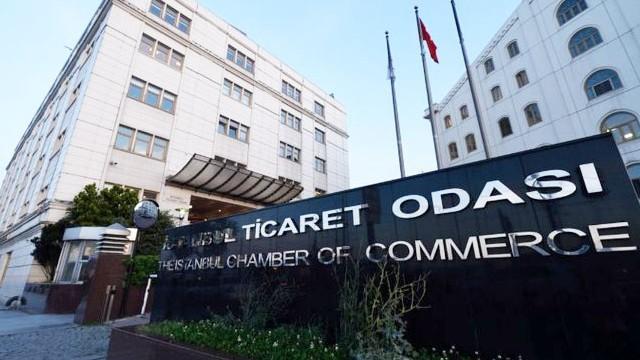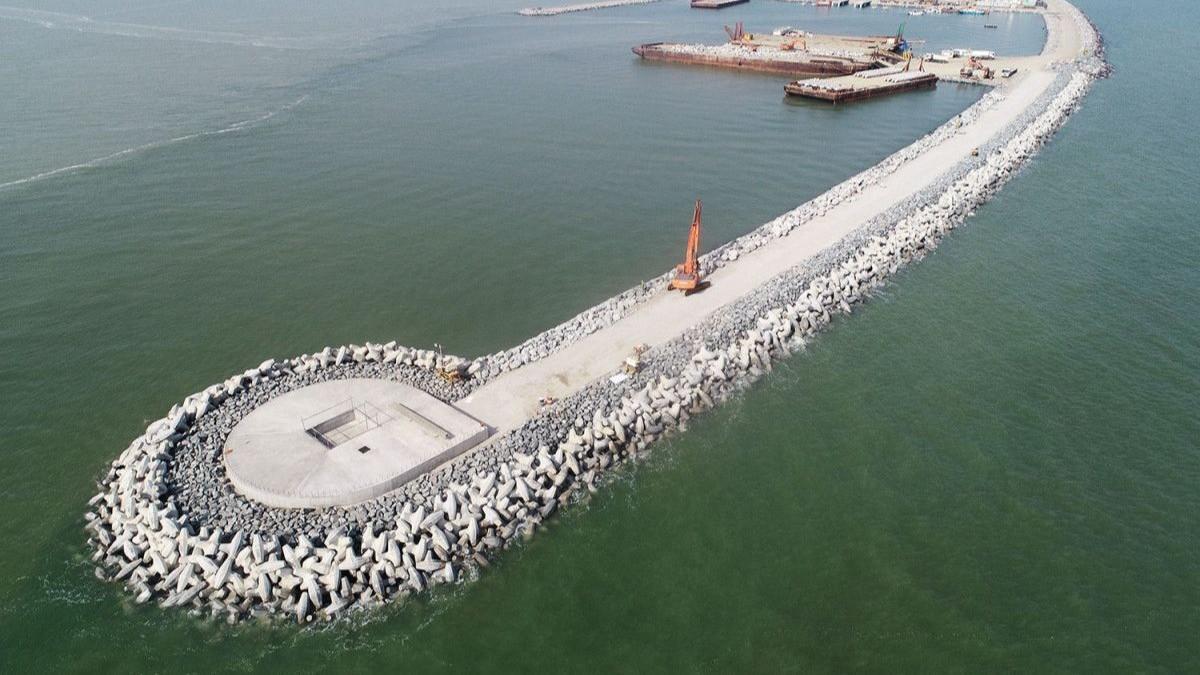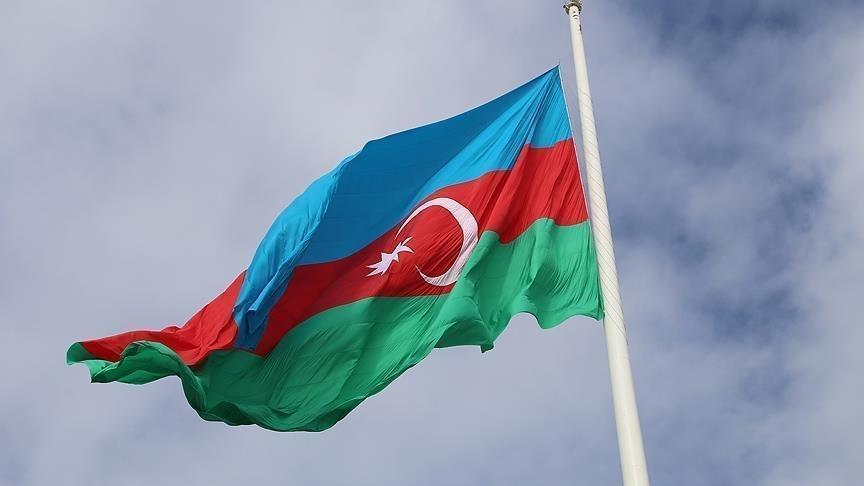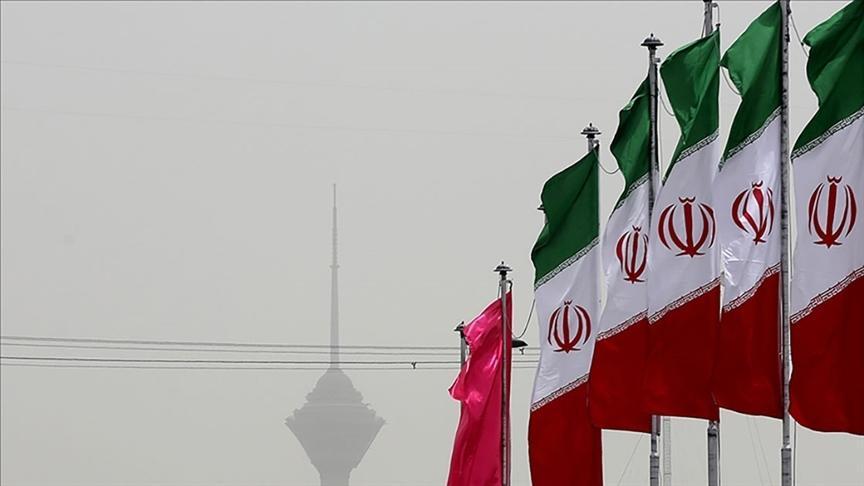Ancient Zeugma to shed light on gastronomic history
GAZIANTEP

Archaeologists have found pieces of grains, seeds and charred food during excavations in the ancient city of Zeugma, in the southeastern province of Gaziantep. The discovered ancient food residuals are expected to shed more light on the gastronomic history of Gaziantep.
“We have found charred food leftovers, left in kitchens when Zeugma was invaded by the Sassanian Empire in 252, 253 A.D. We are analyzing these. Gaziantep is a gastronomy capital,” Prof. Kutalmış Gökay, the head of the excavation team, told state-run Anadolu Agency.
“This geography is one in which many different cultures and food ways have blended, since ancient years. Thus, we are trying to reach some data which will link the past and present state of the Gaziantep culinary art,” Gökay added.
Archaeologists have found a myriad of organic findings, the professor conveyed, including many legume and fruit seeds.

“We have been finding a lot of lentil, barley, wheat grains along with ancient pistachio and olive seeds. There are peach and apricot seeds as well,” he said.
What’s significant about the region is that untainted seeds can still be acquired after many years, Gökay stressed.
“Archeological excavations should be regarded as works that will contribute to seed studies in Turkey,” he added.
Gaziantep is acknowledged as a “gastronomy capital” as its unique cuisine has many dishes that are appealing to all palatal tastes.
Known for its “Gypsy Girl” mosaic, the ancient city of Zeugma has been an attraction center with its archaic beauty.

Located on the banks of the Euphrates River, Zeugma was discovered in early 1960s during unauthorized excavations. Pieces of mosaic were smuggled abroad and ended up at Bowling Green State University in Ohio in the United States.
Under an agreement signed by the university and Turkey’s Culture and Tourism Ministry, 12 pieces of mosaic were sent back to its hometown, Gaziantep, and are currently on exhibition at the Zeugma Mosaic Museum.
The excavations at Zeugma have been ongoing for almost 14 years and jewelry, ancient coins and murals have been discovered.
















